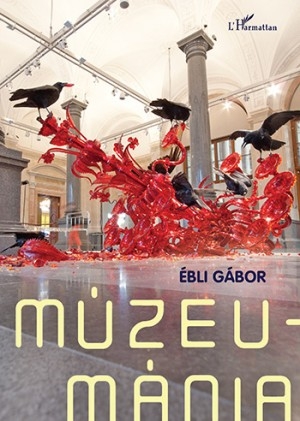Gábor Ébli: Museumania
European models for generating cultural experience
L’Harmattan, 2016, 259 page

The museum is power. Although it is a rather young cultural institution, especially compared to the theatre, which was already important in the antiquity, it has gained much significance during its 250 years of establishment. It functions as an academic institution, plays an important role in tourism, and helps to express community identity. Its power lies in the fact that modern society has given it authority to judge all objects. It has the power to decide whether a natural or artificial object will have eternal life through its position in a collection, where its meaning will forever be tied to that specific context. As we live our lives, the museum organizes it for us, overriding our thoughts about the world. The museum is a deceptive mirror that only seemingly reflects the world as it is, but in fact it conveys the ideas of the professionals running it. This motivation prompts states, municipalities and private persons to launch new developments despite the already unconceivable museum boom: the museum reaches out to a broad audience, and combining the artifacts and a theatrical setting, it facilitates the indoctrination of an array of messages. The museum’s power is on par with that of the age-old theater theatre, as the museum itself is a theatre of sorts, where the artifacts play the parts.
